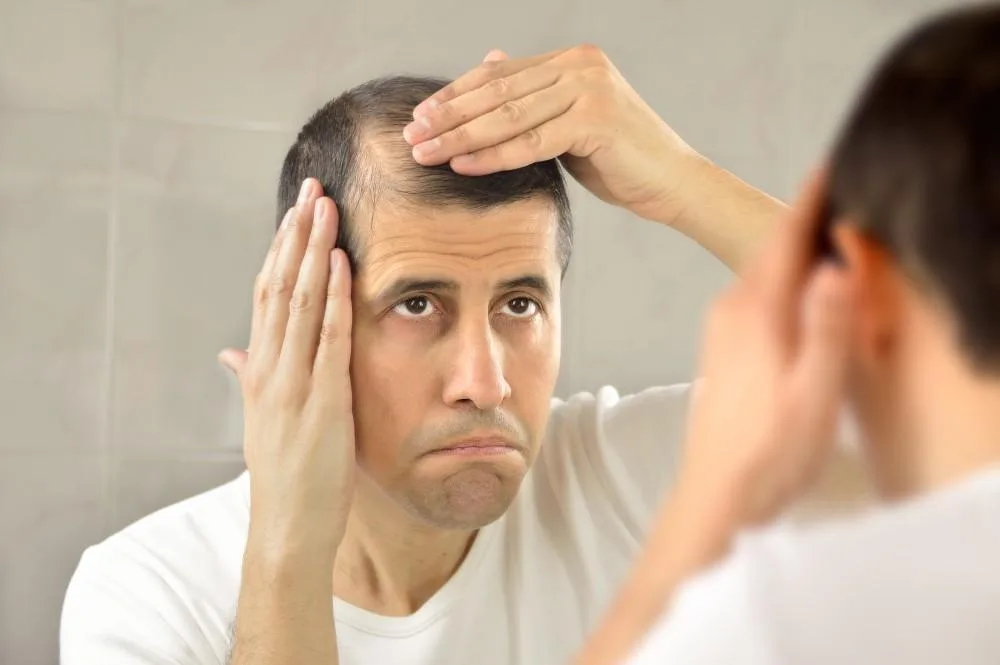The Weight Loss-Hair Loss Connection: Fact or Fiction?
Understanding the Factors that Influence Hair Growth and Loss
Hair growth and shedding occur in cyclical phases and can be affected by various factors. Nutrient intake, hormones, genetics, and age all play roles in the hair cycle. Stress, medications, and medical conditions may also impact hair loss and thinning.
During the anagen phase, hair actively grows from the follicles. This is followed by the catagen transition phase before shifting to telogen rest. After several months, hair in the telogen phase sheds naturally. Excessive shedding from shortened phases causes noticeable hair loss. Understanding normal hair cycling is key to evaluating true influences on loss.
Debunking Myths: Is Weight Loss the Real Culprit Behind Hair Loss?
Despite rumors, weight loss itself does not directly prompt hair to fall out. More likely, nutritional deficits, stress, or other health changes during weight loss could contribute to excessive shedding.
For instance, crash dieting can deprive the body of protein, iron, zinc, and B vitamins essential for hair health. This malnourishment, rather than simply losing pounds, disrupts the hair growth cycle.
Likewise, major stressors like illnesses causing substantial weight loss could potentially impact hair. However, more often, reported hair shedding during weight loss is within normal ranges and part of the regular hair cycling process.
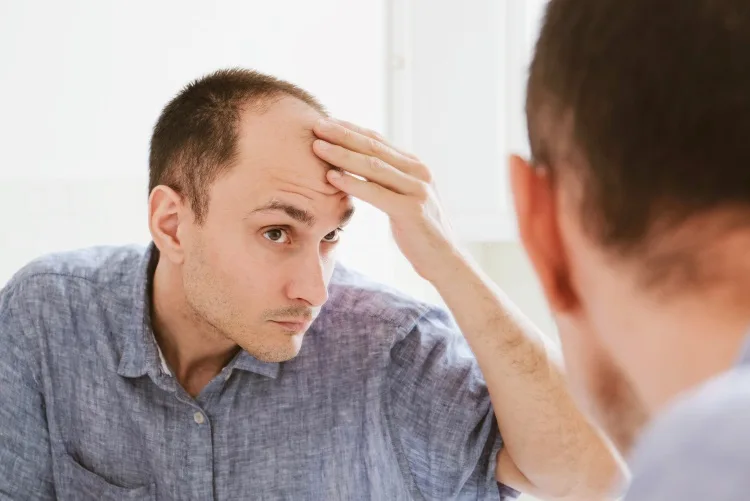
Shedding Light on Hair Loss During Weight Loss: Stories and Science
Personal Experiences: Navigating Hair Loss on the Weight Loss Journey
Many people recount increased hair shedding or perceived thinning during their weight loss journeys. Despite fears that weight loss itself hastened hair loss, most individuals’ experiences aligned with typical hair cycling fluctuations.
For example, Eva noted losing more hair than usual after rapidly dropping 20 pounds. However, her dermatologist determined she was simply noticing normal telogen shedding as hair reached the rest phase in its cycle. Her hair grew back normally over a few months.
Similarly, Rajan saw minor increased hair fall after his 30-pound weight loss. But his trichologist found no bald patches or true thinning. Rajan’s hair loss fears abated with reassurance that temporary shedding was expected with his hair cycle stage rather than his weight loss.
Medical Insights: Examining the Science Behind Weight Loss-Related Hair Loss
Scientific evidence indicates hair loss due solely to intentional weight loss is uncommon. Population studies reveal no correlation between losing weight through lifestyle changes and reports of excessive hair shedding or alopecia.
However, crash dieting with extreme calorie deprivation has been linked to temporary thinning due to nutritional deficiencies. This hair loss is reversible by restoring adequate nutrient intake.
Research also shows hair loss conditions like telogen effluvium may be mistakenly attributed to weight loss that actually stemmed from severe stress, illness, or medications. Proper diagnosis from a dermatologist can identify the real trigger in these complex cases.
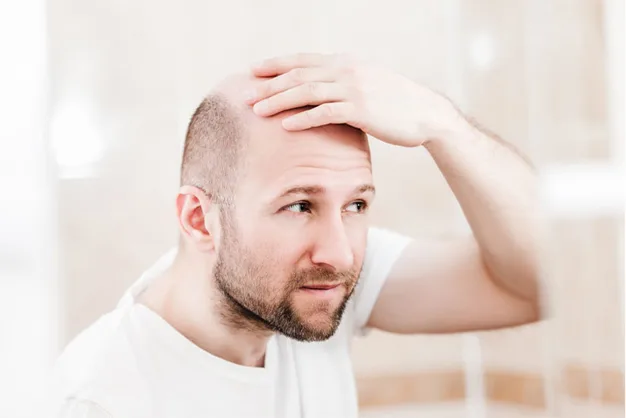
Coping with Hair Loss: Strategies During Your Weight Loss Efforts
Prioritizing Nutritional Balance: Nutrients Essential for Hair Health
If experiencing hair loss concerns during weight loss, ensure you meet daily needs for key hair nutrients like protein, iron, zinc, and B vitamins. Shift focus from calorie cutting to balanced nutrition.
Consume a variety of protein-rich foods like eggs, legumes, nuts, seeds, and fatty fish. Pair iron-containing foods with vitamin C to enhance absorption. Talk to your doctor about screening for any deficiencies.
With nutritional vigilance and a healthy diet, weight loss and hair preservation can successfully coexist.
Stress Management and Self-Care: Mitigating Hair Loss Triggers
Chronic stress takes a toll on hair just as it does overall health. To combat stress-related hair impacts, build relaxation into your weight loss plan.
Practices like meditation, yoga, massage, and nature exposure can activate the parasympathetic nervous system to counter daily stresses. Set aside dedicated me-time to refocus mental health. By proactively managing stress, you’ll boost hair health alongside your weight loss success.
Seeking Professional Guidance: When and How to Consult a Dermatologist
If excessive hair shedding persists despite balanced nutrition and low stress, seek qualified medical guidance. A dermatologist can assess for underlying issues and diagnose the cause of ongoing hair loss.
Come ready to share in-depth hair loss history, weight loss details, medical information, and hair care routines. Diagnostic evaluation may include a trichoscopy hair and scalp exam. Discuss any nutritional deficiencies, illnesses, or medications that coincided with weight loss.
With expert input, you can identify and treat the true contributor to hair loss amidst your weight management efforts.
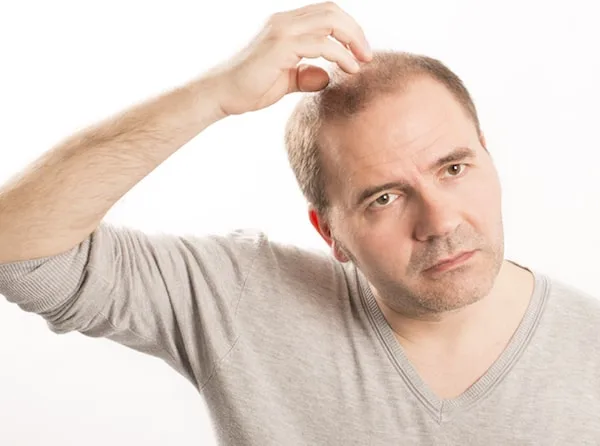
Beyond Hair Loss: Other Positive Changes in Your Weight Loss Journey
Enhanced Confidence and Improved Body Image
An oft-overlooked but profound benefit of losing excess weight is enhanced self-confidence and body image. Slimming down helps many find pride in their appearance and renewed self-assurance.
Ditching old wardrobes for stylish, well-fitting clothes offers mental boosts. More energy and less joint pain facilitates an active lifestyle. Your outlook, mood and self-perception all stand to improve with a healthier weight achieved through positive lifestyle adjustments.
Overall Health Gains and Increased Vitality
Aside from looking better, weight loss directly enhances overall well-being. Losing extra pounds reduces risks for various conditions like heart disease, diabetes, and stroke.
With smaller bodies, everyday acts like climbing stairs or getting up from chairs become easier. You’ll feel more energetic going about daily activities. Healthy behaviors like nutritious eating and exercise that spur weight loss also impart their own benefits, further amplifying your newfound vitality.
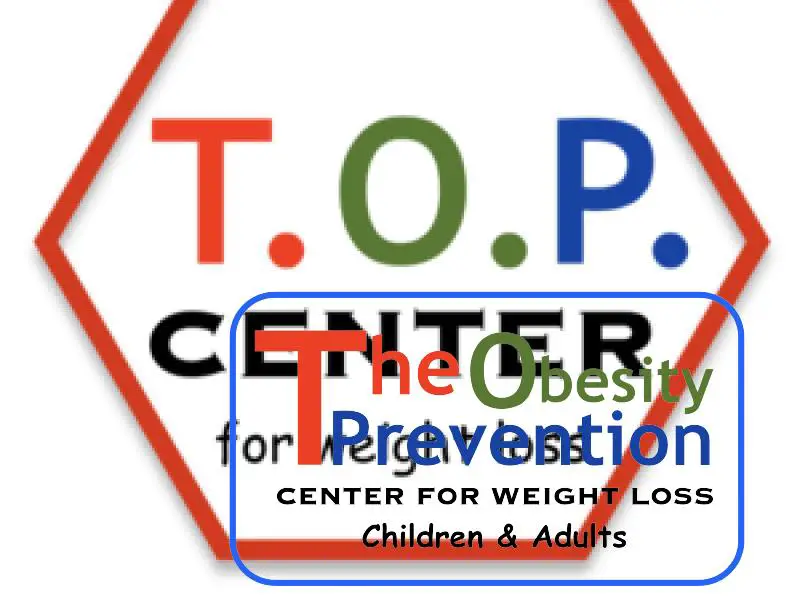
Navigating the Weight Loss and Hair Loss Conundrum with Confidence
This guide aimed to provide grounded, evidence-based perspectives on the alleged link between weight loss efforts and hair thinning or loss. While extreme dieting can temporarily impact hair, losing weight sustainably through balanced nutrition and lifestyle changes is unlikely to cause problematic shedding or alopecia in otherwise healthy individuals. Stay vigilant for nutrient deficits, stress, and other contributors. With an informed understanding of normal hair cycling, you can embark on your weight loss journey with confidence and a lush hair outlook.
Thank you for reading this post, don't forget to subscribe to our free newsletter
!
